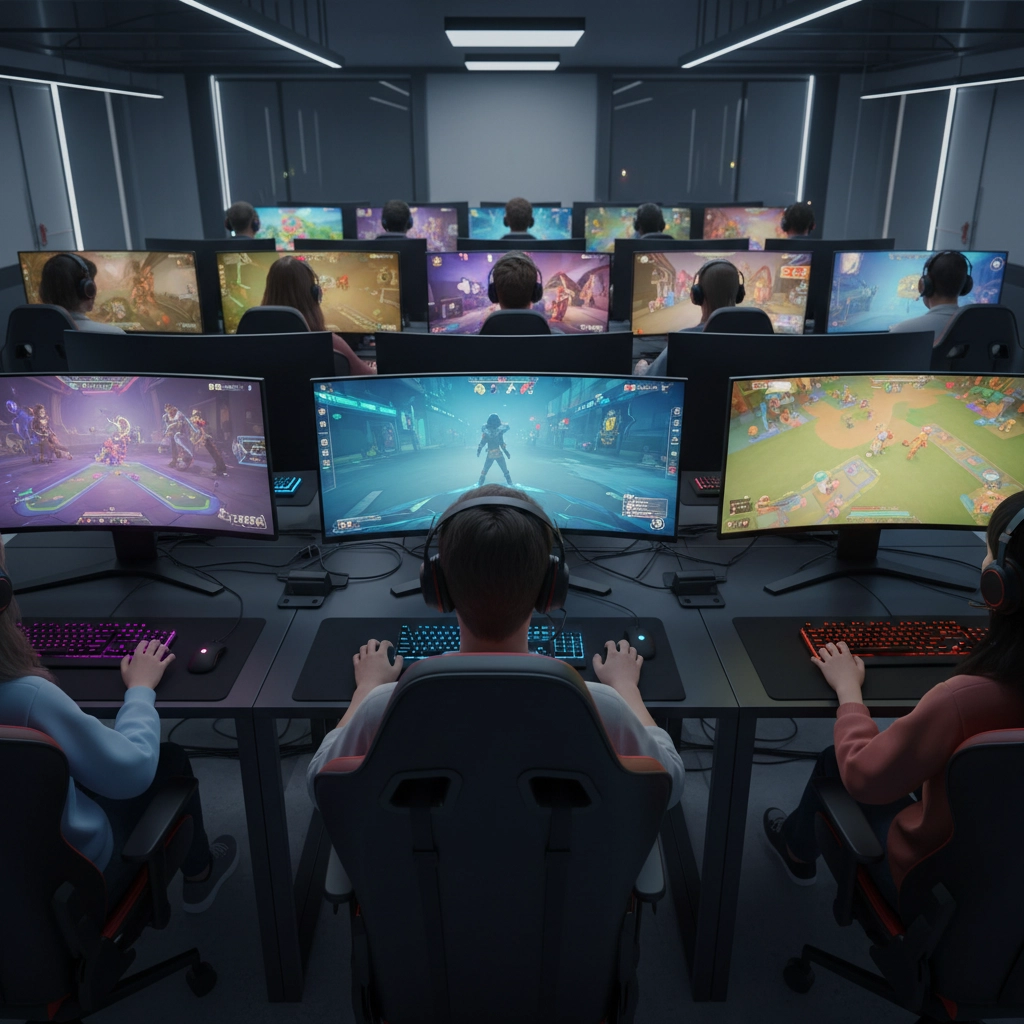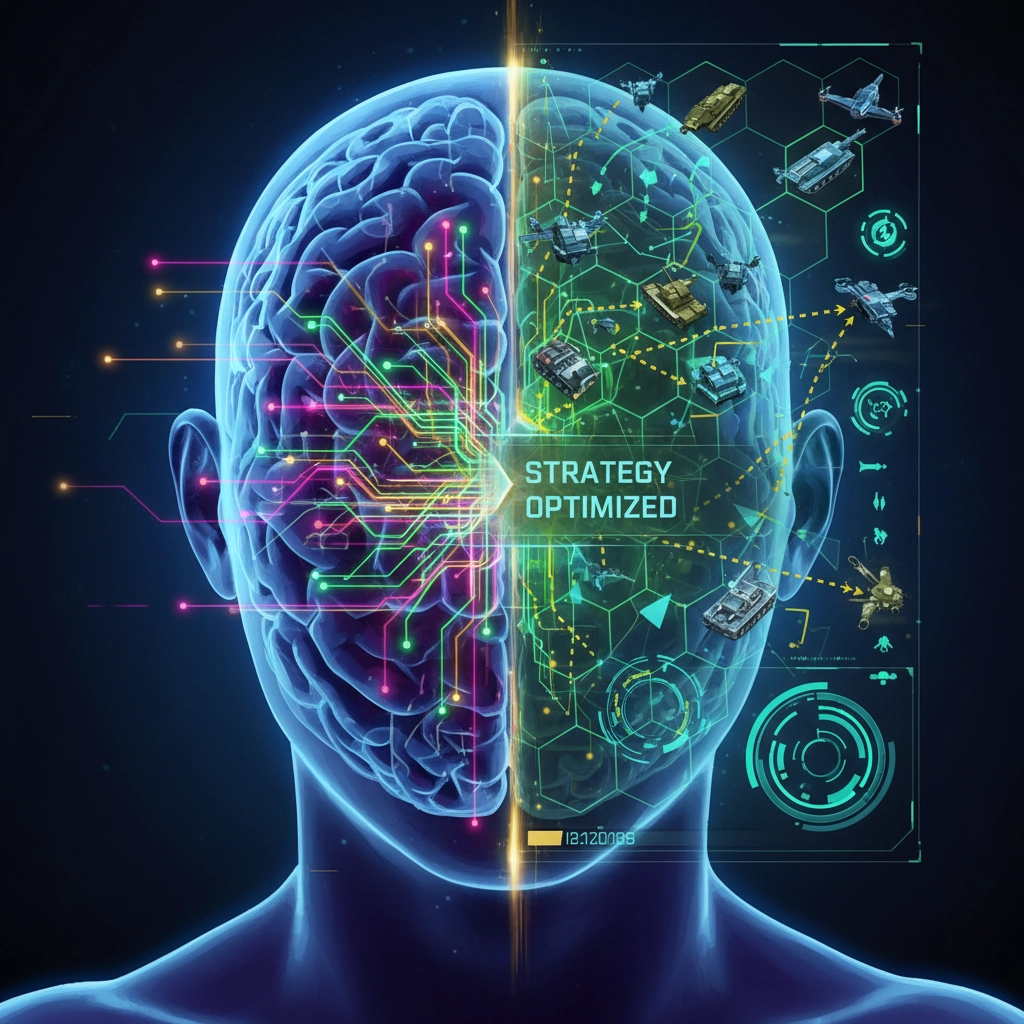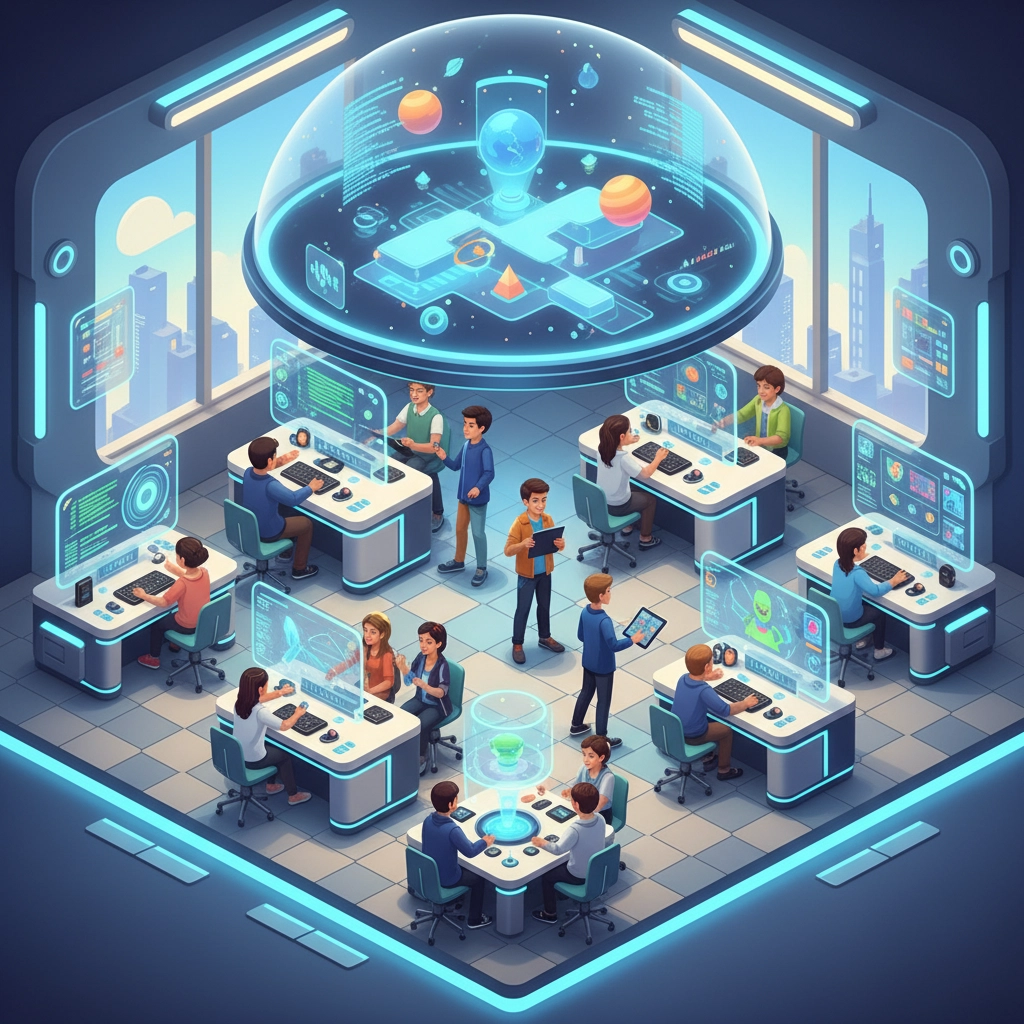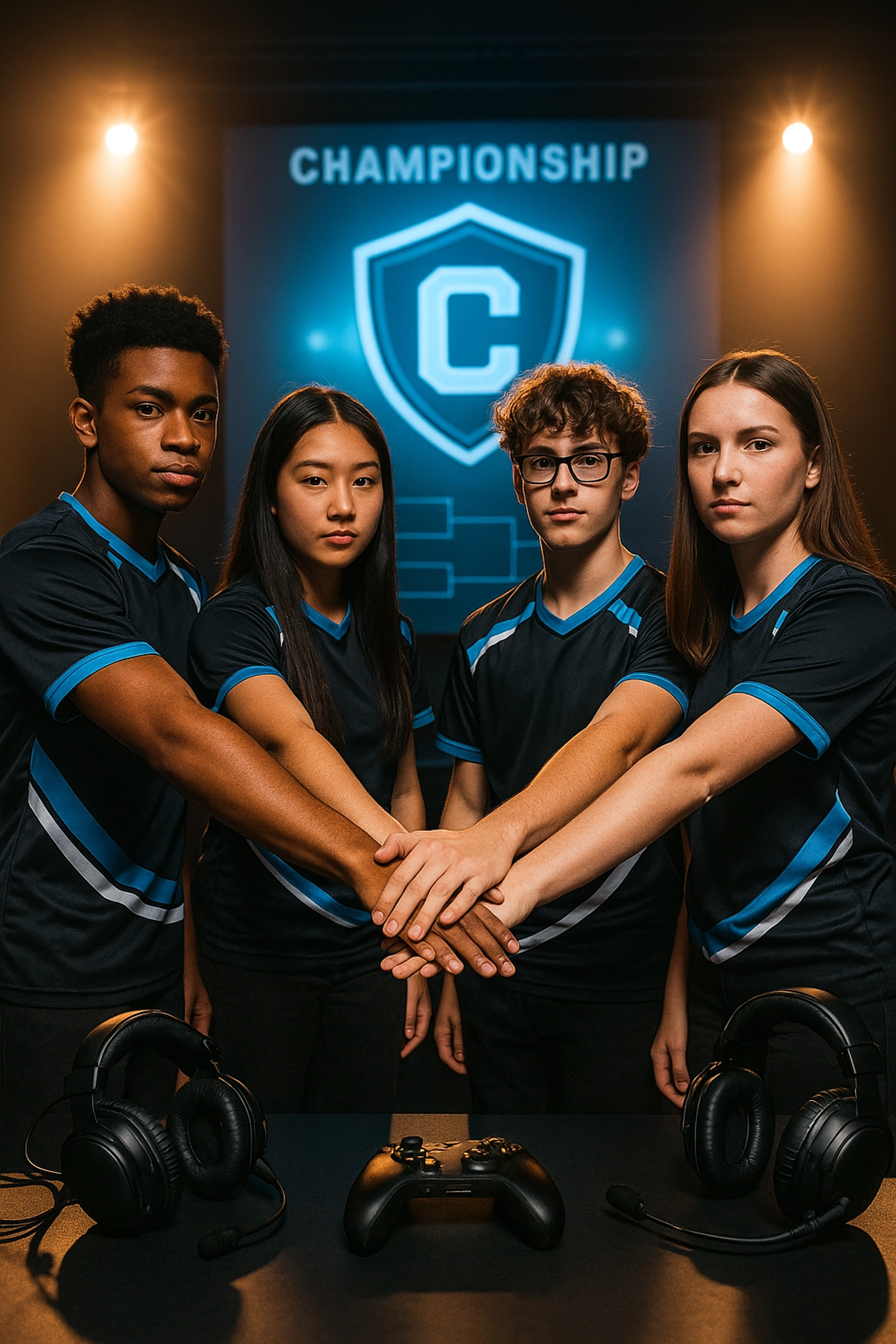Digital learning environments continue to reshape educational approaches across American high schools. Esports programs represent a significant development in this transformation, creating structured competitive gaming experiences that function as practical training environments. These programs demonstrate measurable impacts on student engagement, skill development, and academic outcomes.
Measurable Impact on Student Attendance
Data from educational institutions implementing esports programs reveals substantial improvements in student participation metrics. California school district research indicates students involved in esports programs demonstrate 33.5% lower absence rates compared to non-participating peers. These students attend school an average of 7.34 additional days per year, generating approximately $354,000 in Average Daily Attendance funding for participating districts.
The structured nature of competitive gaming requires consistent participation and team coordination. Students must maintain academic standards to remain eligible for team participation. This requirement creates accountability systems that extend beyond gaming activities into classroom performance and attendance patterns.

School administrators report esports programs attract student populations previously unengaged with traditional extracurricular activities. Fort Campbell High School documented cases where students who previously engaged in solitary gaming activities became active team participants through structured esports programs. Parent feedback indicates increased social confidence and peer acceptance among participating students.
Cognitive Skill Development Through Competitive Gaming
Strategic gaming environments require complex mental processes that transfer to academic and professional contexts. Games such as League of Legends and Overwatch demand rapid decision-making, strategic planning, and real-time problem-solving under pressure. These cognitive demands develop transferable skills applicable to STEM fields and business scenarios.
Research indicates gaming activities enhance strategic thinking capabilities as students analyze game scenarios and determine optimal courses of action. Teachers incorporating gaming elements into curriculum report increased student motivation and enhanced willingness to engage in collaborative problem-solving activities.
The competitive structure of esports develops goal-setting behaviors and perseverance skills. Students learn to analyze performance data, identify improvement areas, and implement systematic practice routines. These behavioral patterns support academic achievement and long-term career development.
Integration with STEAM Educational Framework
Educational institutions recognize esports as a STEM concept due to its capacity to generate student interest in computer science and programming career paths. The interdisciplinary nature of competitive gaming creates opportunities for hands-on learning experiences that combine technology, design, and critical thinking applications.

Students participating in esports programs develop coding and game development skills while exploring engineering principles behind computer hardware and gaming systems. Mathematical concepts apply to game strategies, statistics analysis, and performance optimization. The arts component encompasses graphic design, storytelling, and media production elements.
Birmingham City Schools implemented a district-wide EA Sports program in 2019 that became a national model for curricular esports integration. The program emphasizes engaging underrepresented students in STEM subjects while creating pathways to college scholarships. Results include improved attendance rates, enhanced academic performance, and increased STEM career interest.
Professional Competency Development
Team-based competitive gaming requires leadership development, communication skills, and collaborative problem-solving abilities. Students assume various team roles including strategic planning, tactical execution, and performance analysis. These responsibilities develop competencies applicable across professional environments.
The structured competitive environment teaches time management, practice discipline, and performance evaluation skills. Students learn to balance gaming activities with academic responsibilities while maintaining team commitments. Digital literacy skills develop through technology engagement, preparing students for digitally-driven career paths.

Communication skills develop through team coordination requirements and strategic discussions. Students practice clear, concise communication under pressure while learning to provide constructive feedback and receive performance critiques. These interpersonal skills support future academic and professional success.
Creating Inclusive Learning Communities
Esports programs establish supportive communities within educational institutions where students form connections based on shared interests and collaborative goals. The structured environment provides opportunities for students to explore gaming interests within educational contexts that emphasize critical thinking and problem-solving applications.
Safety protocols ensure secure learning environments through comprehensive background verification for coaching staff, limited personal information sharing policies, and established safety procedures for practice sessions and competitive events. These measures create protected spaces for skill development and community building.
Students who may not succeed in traditional athletic programs find opportunities for team participation and recognition through esports activities. The inclusive nature of competitive gaming accommodates diverse student populations while maintaining competitive standards and team expectations.
Implementation Across Educational Systems
The Fanz platform's Esportpo.GG division addresses the growing demand for structured esports programs across approximately 230,000 high schools nationwide. This initiative, termed "Education by Simulation," creates opportunities for brand sponsorship of esports teams while supporting educational objectives.

The program model enables schools to establish competitive gaming teams with proper coaching, equipment, and competitive opportunities. Brand partnerships provide necessary funding while creating marketing opportunities that reach engaged student audiences. Educational outcomes remain the primary focus while sustainable funding models support program expansion.
Implementation requires coordination between educational administrators, technology departments, and community partners. Schools must establish appropriate gaming facilities, recruit qualified coaching staff, and develop policies that balance competitive gaming with academic requirements.
Future Development and Expansion
Current trends indicate continued growth in high school esports participation as educational institutions recognize the benefits of structured competitive gaming programs. Technology improvements and increased internet accessibility support program expansion across diverse geographic and socioeconomic communities.
Career pathway development continues to evolve as esports industry growth creates professional opportunities beyond competitive gaming. Students develop skills applicable to game development, sports marketing, event management, and technology support roles within the expanding digital entertainment sector.
The integration of esports with traditional educational frameworks represents a significant shift toward experiential learning models that engage students through interactive, goal-oriented activities. These programs demonstrate that competitive gaming, when properly structured and supervised, can support educational objectives while developing skills necessary for success in digital-age careers.
Educational institutions implementing comprehensive esports programs report improvements across multiple metrics including attendance, academic performance, and student engagement. The combination of competitive elements, team collaboration, and skill development creates learning environments that prepare students for future academic and professional challenges while maintaining focus on educational achievement and personal development.
